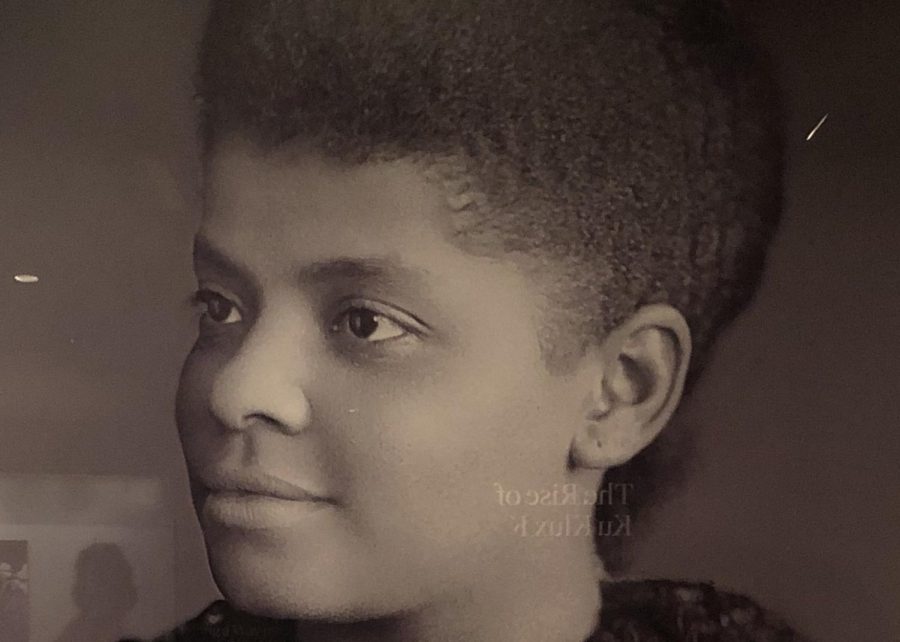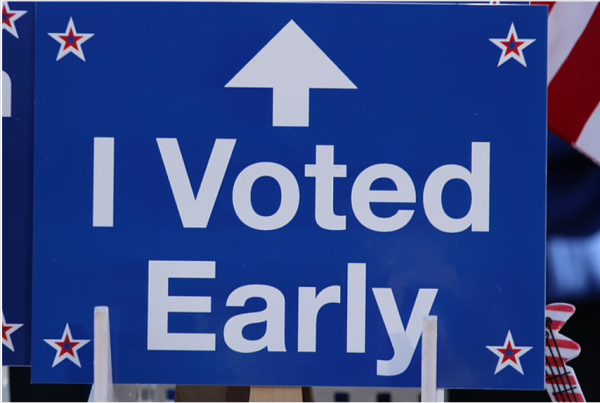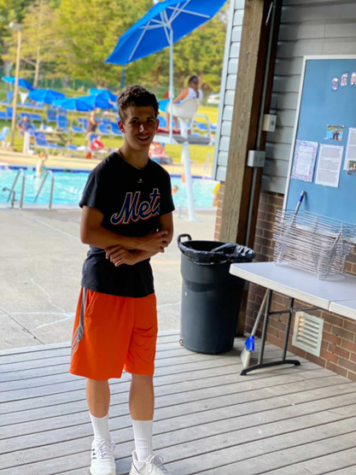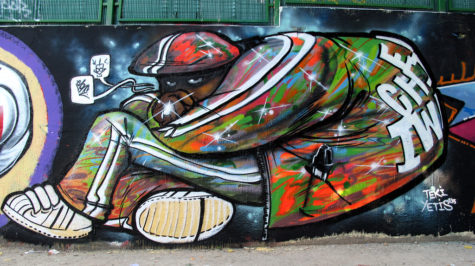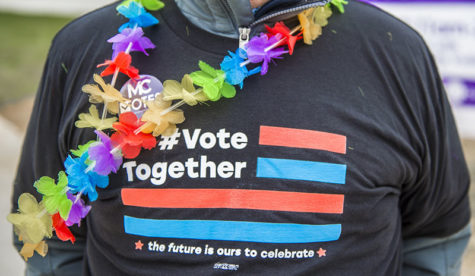Who was Ida B. Wells?
Ida B. Wells (1862 – 1931) was an investigative journalist who lived during Reconstruction-era America, known best for her work in exposing lynching practices. Her social work in fighting racism and sexism through the power of the pen and public speaking made her into one of America’s pioneering activists post-Civil War.
Wells originally intended to be an educator, but after seeing the education system at that time discriminate against people of color, she started writing journalism about unequal educational opportunities. She was subsequently denied renewal of her teaching contract.
When friends of hers were arrested and then lynched before standing trial in 1892, Wells found a calling in investigative journalism to let the light shine on lynching practices in the South over the next few years.
As a co-owner of the Memphis, Tennessee Free Speech and Headlight, she looked into the real reasons behind lynching. Typically justified by saying that black men raped white women (an extremely common false accusation), she discovered and wrote in a pamphlet titled “Southern Horrors: Lynch Law in All Its Phases” (1892) that lynching was only one of many tactics used by white people attempting to suppress black economic progress after emancipation through fear and violence.
She continued to research and expose injustice in “The Red Record” (1895), which talked about the magnitude of violence against black people at the time. She supported her writing with detailed descriptions of specific incidents, as well as statistics.
Wells’ writing angered many white people to the point that her newspaper office was vandalized and threats against her caused to move from Memphis to Chicago, Illinois. However, this did not deter her from her goals and passion, and her anti-lynching work eventually became her legacy.
Wells continued to champion civil rights and women’s suffrage by traveling and giving speeches. She petitioned Congress and the President (including William McKinley and Woodrow Wilson) on multiple occasions by leading protests in D.C. She also traveled to Britain twice in order to spread international awareness about lynching in America.
Wells also knew and collaborated with Maryland-native abolitionist Frederick Douglass.


